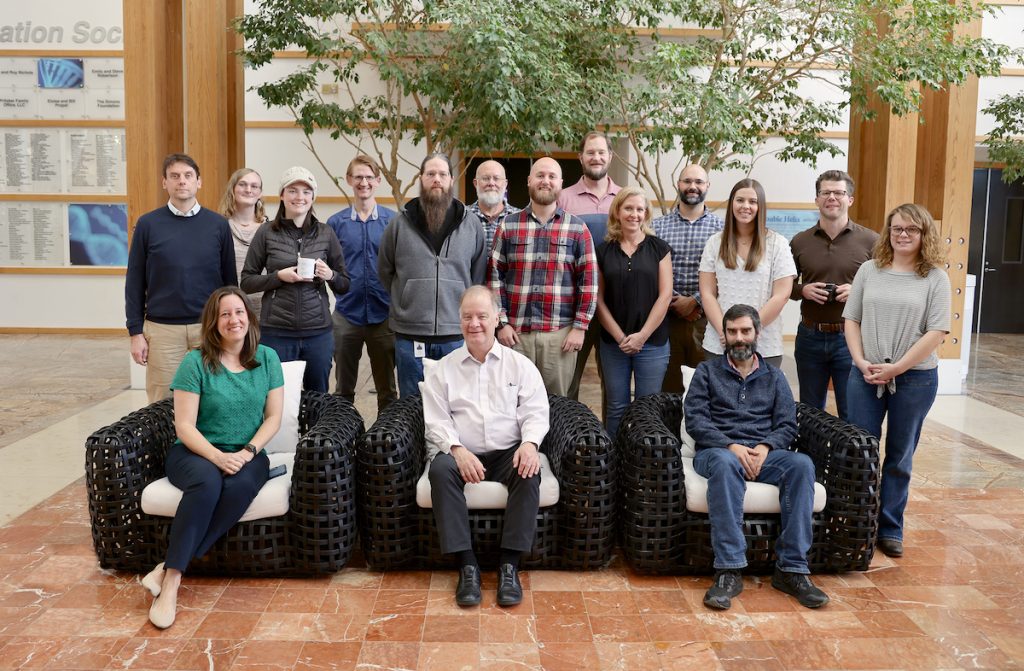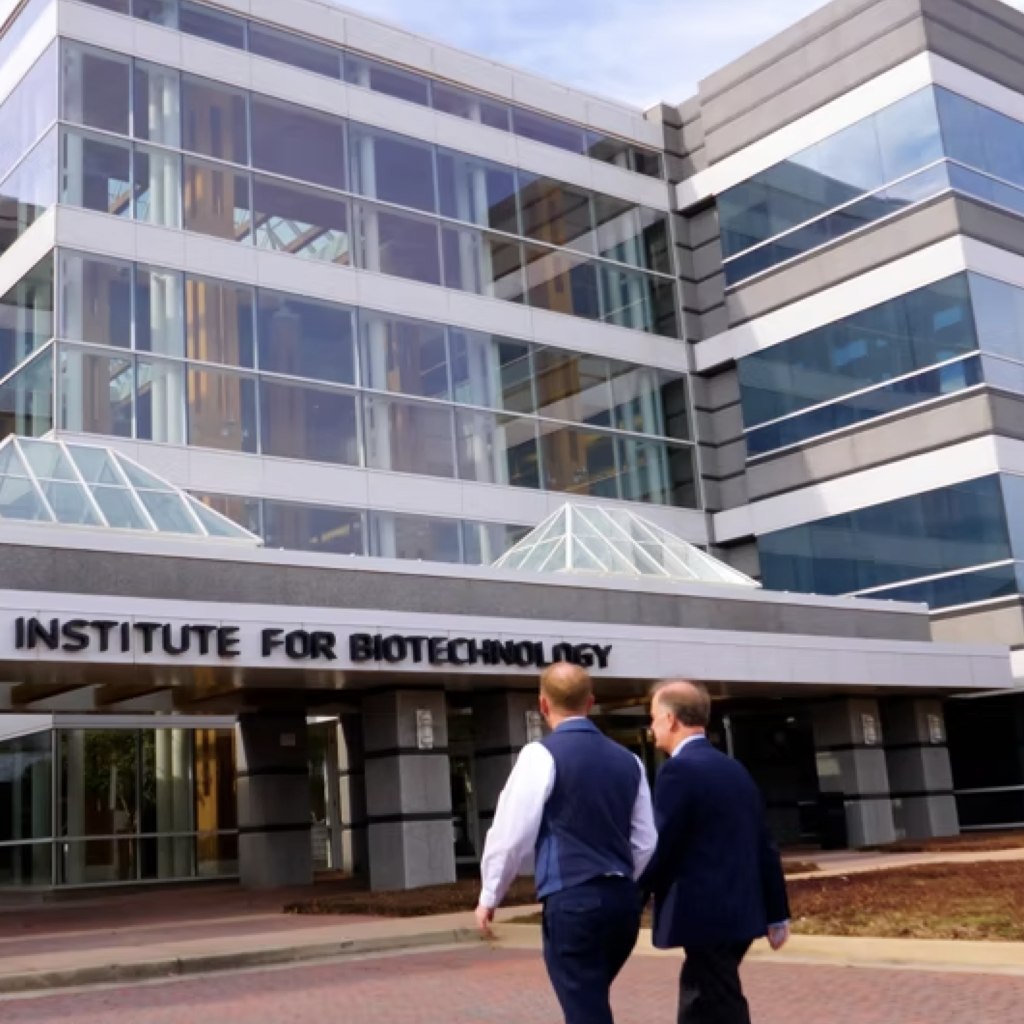HudsonAlpha Faculty Investigator Richard M. Myers, PhD, and his lab study the human genome to understand how changes in gene expression and allelic variation contribute to human health and disease, as well as to basic biological processes.
Myers’s group develops and applies innovative technologies and high-throughput next-generation sequencing technology to identify, characterize, and understand gene regulatory systems. By first understanding gene expression and regulatory systems in a healthy state, his group then studies how these mechanisms are altered during the development and progression of human disease.
A major goal of the Myers lab is to use high-throughput genomic methods and computational and statistical tools to study clinical and basic biological problems. Researchers in the Myers Lab integrate the data from these different tools to understand how variations in genome sequences and expression are involved in human health and disease, particularly in neurodegenerative diseases and neuropsychiatric disorders.

The lab currently focuses its efforts on the following areas:
- Understanding how human gene expression is regulated in a wide variety of cell types
- Applying functional genomics tools, including genome-wide studies of transcription factors and cis-acting elements, to understand basic mechanisms and the role of these components in diseases of the nervous system
- Correlating changes in gene expression and transcription factor binding with genetic variation in cis- and trans-acting components of gene expression
- Developing and applying technologies to identify biomarkers for disease diagnosis and treatment
- Identifying new gene candidates and risk factors for diseases of the nervous system
Recent News

-
- Posted by Sarah Sharman

-
- Posted by Sarah Sharman



